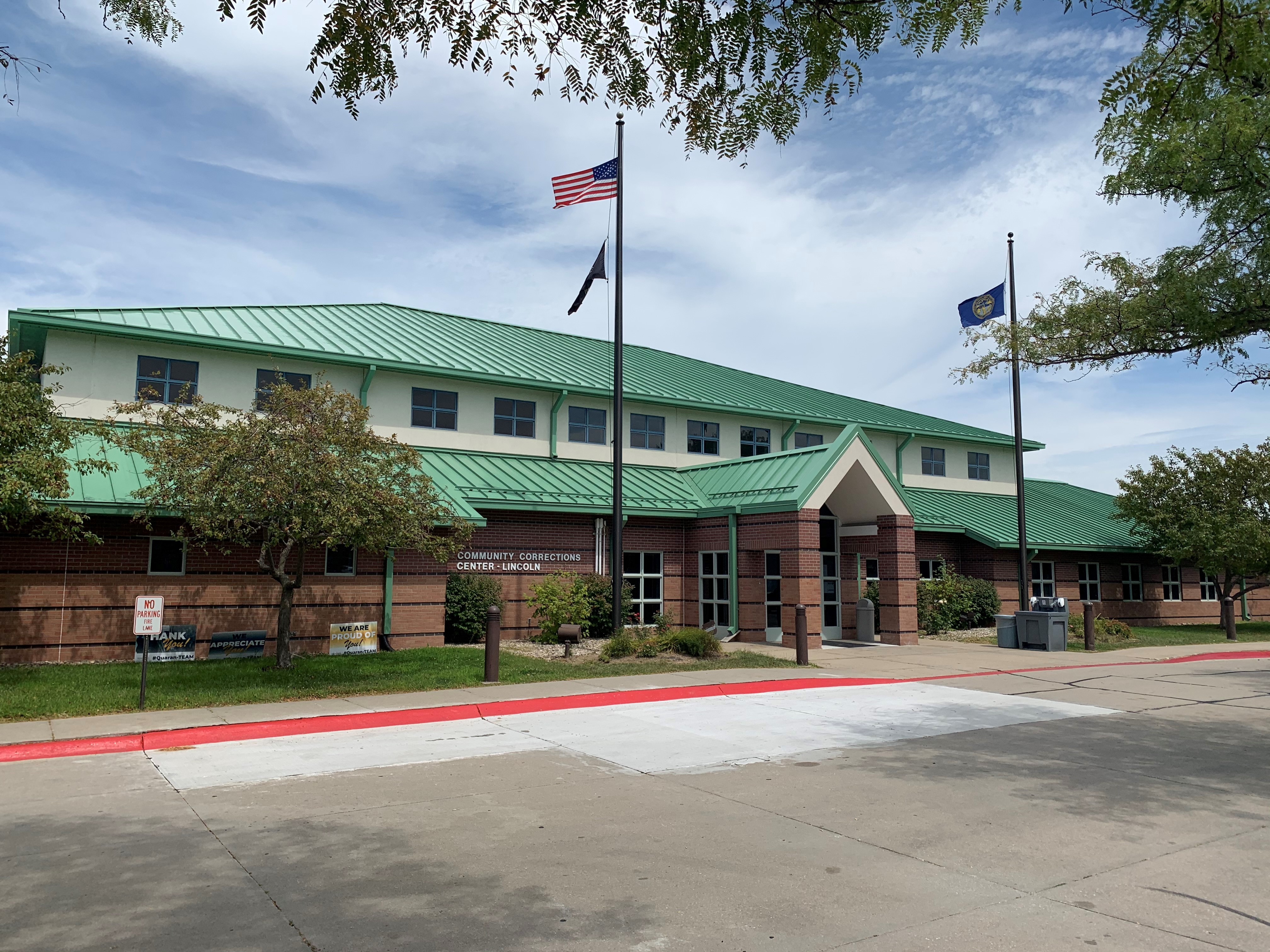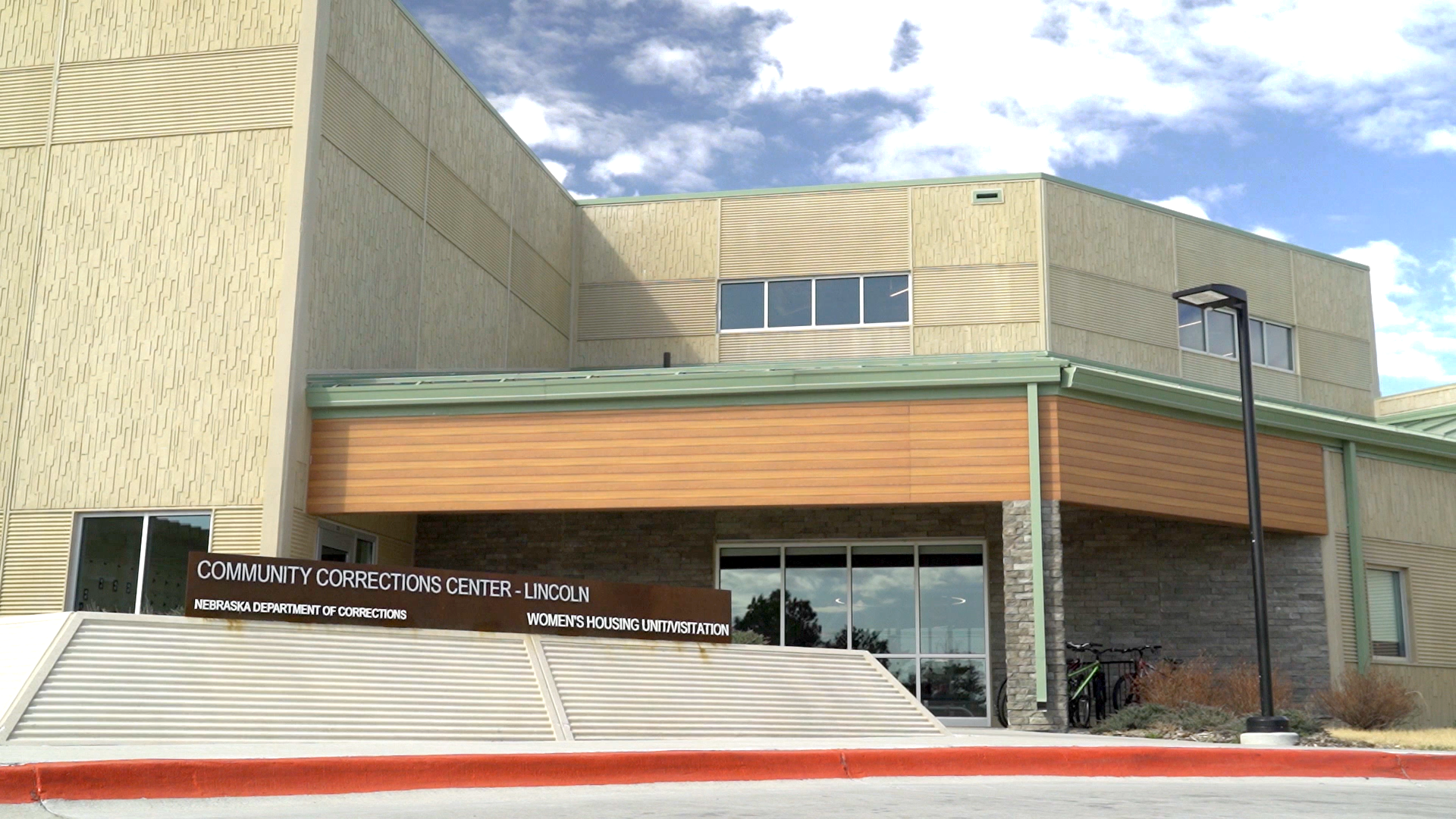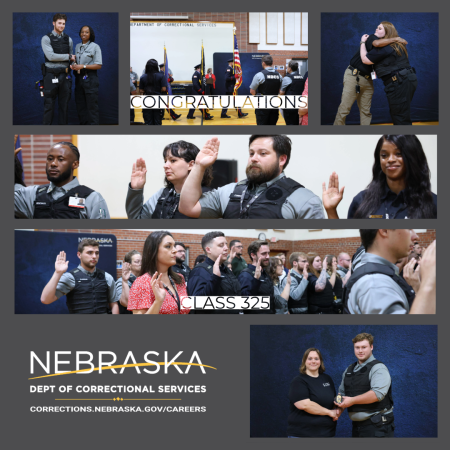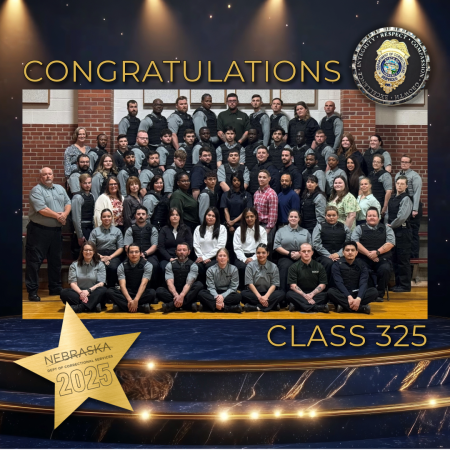
Community Corrections Center - Lincoln


2720 W Van Dorn St
Lincoln, NE 68522
United States
In the fall of 1967, Legislative Bill 569 created the Work Release Program. It allowed a select group of inmates to be employed in the community and housed in the institution during non-working hours. A community residential program was established in 1971. The fall of 1991 saw construction begin on a new institution, which opened in July 1993 with four housing units (three male and one female). A 100-bed men’s transitional housing unit was added in 2017, and a new 160-bed female living unit opened in 2019. CCC-L can currently house 500 men and 160 women.
CCC-L has been accredited by the American Correctional Association since 1981.
Community custody is the lowest custody level and the least restrictive environment. Individuals assigned here participate in "work detail" or "work release."
The first several weeks after arrival are spent on work detail - a job in the community supervised by corrections staff or community staff with specific corrections training. Work detail assignments are generally for NDCS or other state agencies and can include cleaning and road crews., maintenance or administrative office work.
Following a time on work detail, individuals are provided an opportunity to go into the community to look for jobs. Once a job is secured and community corrections staff have been in contact with the employer, individuals can be assigned to work release. Individuals on work release are employed in the community, receive competitive wages and pay applicable taxes. Also available is educational release, where individuals attend local vocational/technical/business/community colleges and universities. Individuals are responsible for their own transportation to and from work and are expected to adhere to a pre-approved schedule are responsible for his/her own clothing and personal items and pay room and board of $12 per day.

